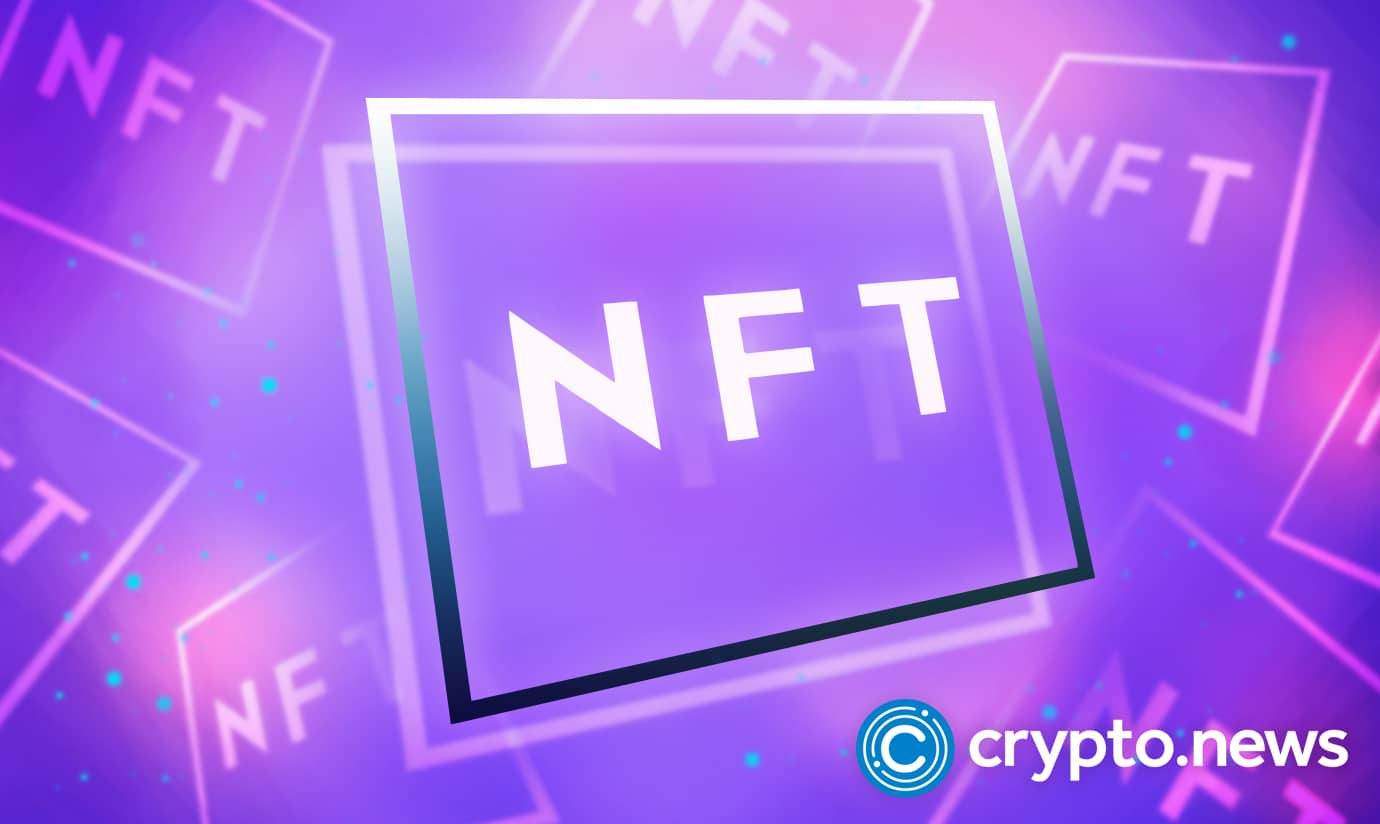NFT Fraud Detector, MarqVision Pools in $20M in Series a Funding Round

The rise in fraud schemes involving non-fungible tokens (NFT) has reached an alarming rate, with the industry facing criticism for its inability to prevent illicit transactions. A startup firm, MarqVision, has developed an AI-powered NFT detector to help curtail the prevalence of counterfeit digital products.
MarqVision Raises $20 Million in Funding
The unicorn has successfully raised some huge resources to help it expand the development of the NFT detection tool. Additionally, the investing partners are Atinum Investment, Bass Investment, Softbank Ventures, Y-Combinator, and DST Global Partners.
According to insider sources, counterfeit detectors can spot fake items via artificial intelligence (AI) in physical and digital forms in over 1,000 marketplaces.
The crypto industry is repeatedly inundated with plagiarized digital art, theft, and counterfeit products. In addition, OpenSea, the largest NFT marketplace, is the prime target of most frauds in the NFT ecosystem.
Moreover, the new funding will help the startup boost its expansion and product upgrades, providing brands and creators with intellectual property (IP) protection.
According to Mark Lee, the co-founder of MarqVision, the company has a vision of developing an operating system for IP, the first in the world. And the funding comes at the right time as the firm seeks to strengthen its operation further.
Lee added that with the IP operating system, brands could control their intellectual property systems to suit their company’s objectives.
How Blockchain Technology Can Strengthen Products’ Authenticity
Many notable brands are looking towards blockchain technology to provide a secure platform for their products. Blockchain is increasingly becoming the answer for brands looking to avoid counterfeit products related to their brands.
By design, blockchain provides a layer of security depicting ownership that is difficult to tamper with anywhere. Brands can adopt blockchain technology to lay a claim on their intellectual property to prevent their claim of ownership from being contested by other companies.
With smart contract protocols integrated into the technology, several security layers are prepresent.to provide air-tight security.
It allows a tamper-proof string of evidence that a particular IP belongs to a person even if the owner changes the data storage framework in the block.
However, the hash value of the said block will be changed and transferred to the next owner while retaining the hash that connects to the initial block. Furthermore, the connecting hash changes the block’s value, making it difficult to alter the stored data on the block.
The computing capacity controls the editing of each block on the chain, making it impossible for a person to access the stored content.
Since it is a tamper-free means of storing data, firms can safely keep their IP information intact on the blockchain network.
Meanwhile, ownership of previous works can be traced using blockchain technology; the block stores all the original information about a product, like the date of manufacture.
By saving time and resources that companies would have expended on tracing, blockchain technology will ensure that brands have the potential to do more for their operations.















